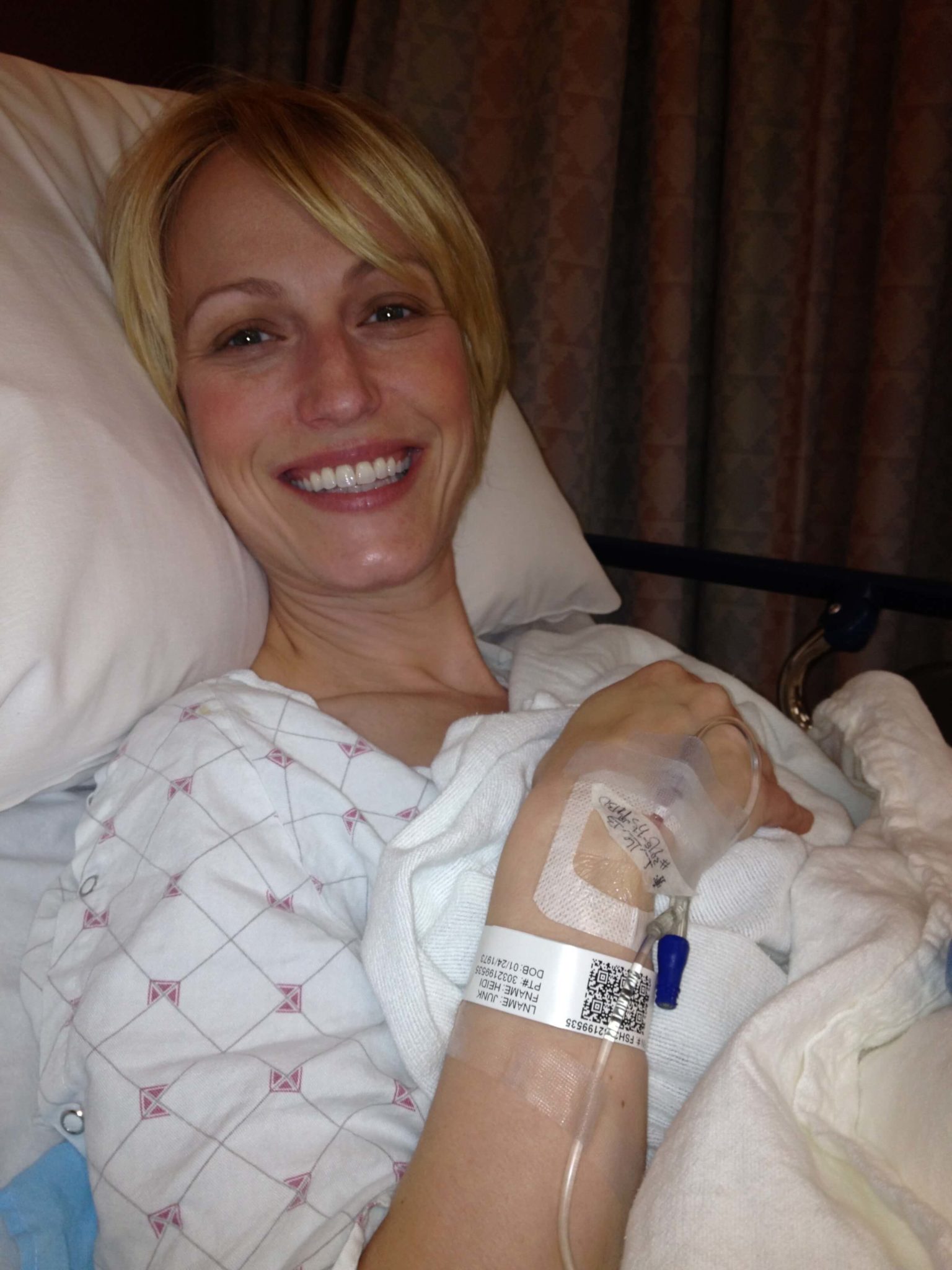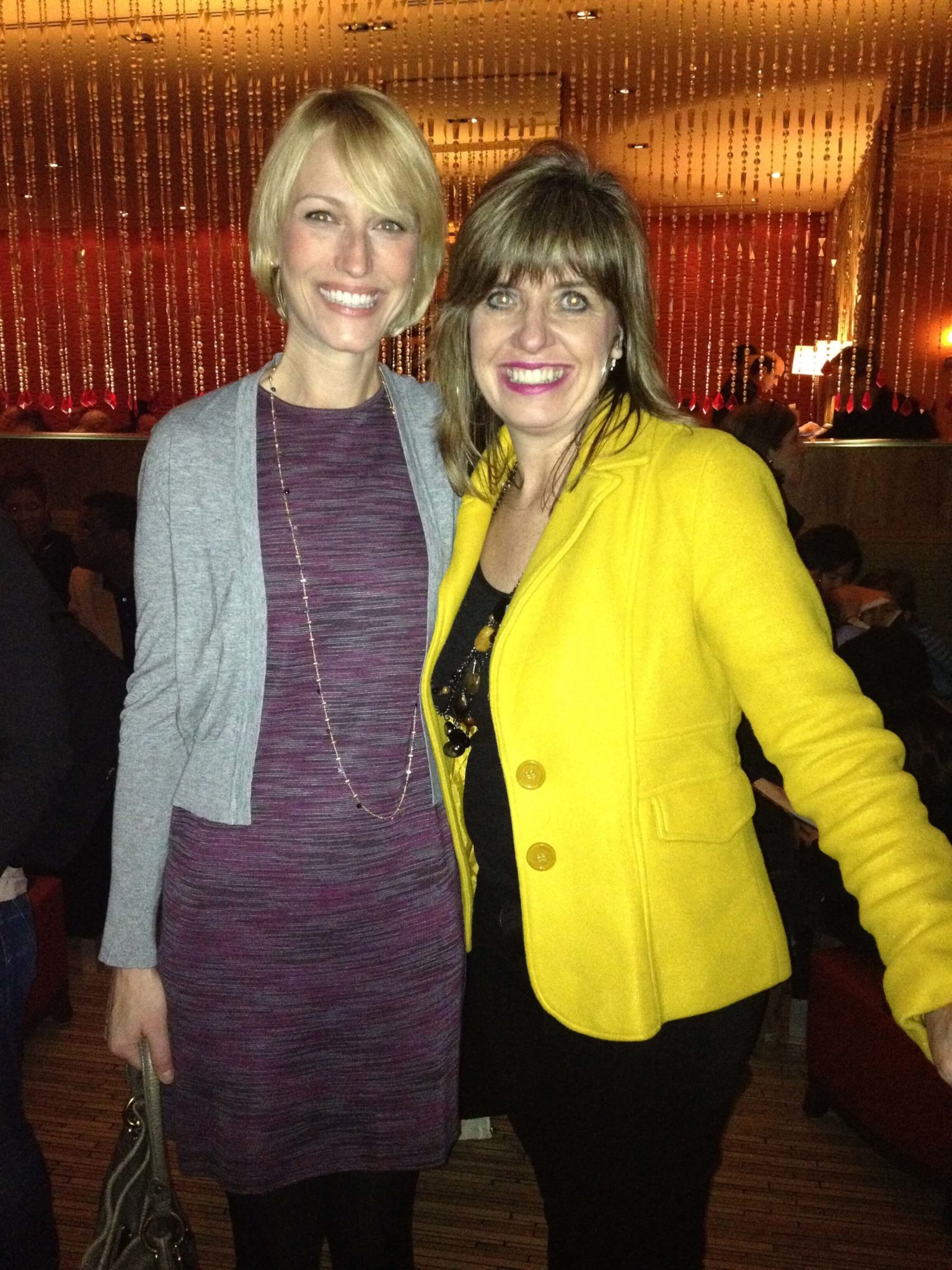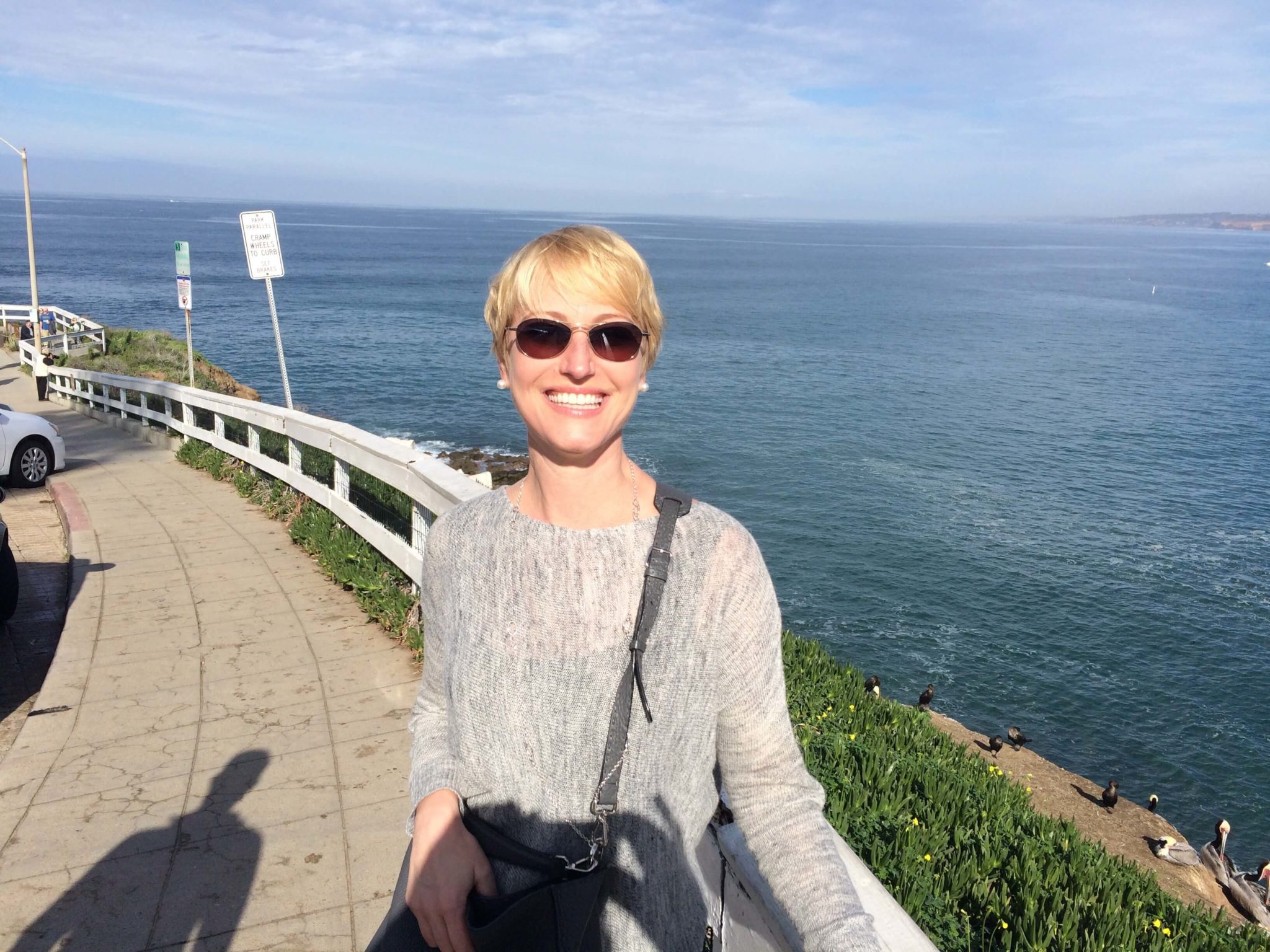Be patient. That’s what I tell myself, again and again. It’s easier said than done when you are waiting to feel better.
I was “officially” diagnosed with sarcoidosis in January 2013. Like many people with sarc, I had mysterious symptoms for years until a lung biopsy finally confirmed the diagnosis. Six of my organs are being impacted by the disease – my lungs, lymph nodes, liver, joints, spleen and nerves. The disease is predictably unpredictable. It’s a game of whack-a- mole; I get one organ stabilized and then another one flares up. One medicine works for some organs, but not others. It’s trial and error, with lots of adjustments.
What has become very clear is that NOTHING happens fast. Except for those unplanned trips to the ER, I spend a lot of time waiting. For test results. For doctor’s appointments. For medicines to take effect. And then for medicines to get out of my system. Waiting. Waiting. Waiting. If you are managing a chronic illness, you know this all too well.


The wait is a roller coaster of emotions and energy. I try to keep my emotions in check, but I just can’t help wondering – hoping – that this next appointment or test or medicine will be the one that fixes me. I know it’s not smart to put so much hope into that next thing. I do my research, so I can fully take advantage of every opportunity, whatever it might be. Then that day arrives, and I realize the specialist wants more tests, or a consult from yet another specialist. And I will wait some more.
It’s a gut punch, time and again. But I pick myself up, dust myself off, and get ready for what comes next. I know there are positives. We are making progress by ruling things out and getting more data. Sometimes life’s obstacles lead you down a better path. It just feels like the finish line is being pushed farther and father away.

I’m not the only participant in this waiting game. My husband, my family, and friends wait too. They anxiously await the news and ask, “How did the appointment go?” “What did the test results say?” “Is the medication working?” A sense of dread builds inside when I can’t deliver a good answer. I feel like a broken record, repeating the phrase I use to sum up the situation, “I’m working with my docs to find the right treatment regimen. My disease continues to be a challenge.”
So how do I deal with the waiting? I have a few tricks that keep me “relatively” sane and I’d love to share them in hopes they can help you too:
1. Meditation.
I was a skeptic at first, but meditation has helped me decrease the stress of managing my disease. Whether it’s 10 minutes or 40 minutes, a guided meditation calms my nerves and pushes the negative thoughts out. I took a course on Meditation Based Stress Reduction (MBSR) at a local hospital. It’s a great introduction to meditation. Healthjourneys.com is also a good resource. There are lots of options out there; explore, try one on and see what works for you.
2. “Name it. Claim it. Reframe it.”
I’ve learned to accept my emotions, but not let them control me. By naming what I’m feeling – either scared, frustrated, or angry – I can pinpoint the exact emotion and understand it. By claiming it and recognizing what I’m feeling, I can honor what I’m experiencing and be compassionate to myself. Then it’s time to reframe it. This is the hardest part. I ask myself, “What’s another way of looking at this? What’s the positive that can come from this? What possibilities exist?” I am always grateful after this exercise.
3. Live each moment.
I remind myself that the most important part of my life is happening now. My life is different with sarc, but different can have its own beauty. My relationships are richer and stronger with the family and friends that have stood by me. I am grateful for the little joys that before I didn’t notice. I am completely vulnerable and that’s OK. There is something strangely empowering in this way of living.
As I type this, I’m simultaneously living in the moment and waiting. I’m enjoying a visit with my family and prepping for a big appointment with a specialist. I have new symptoms of tremors and easy muscle fatigue. I hope this new doctor will have answers and maybe even an idea of how to stop the progression of the disease. But I’m not going to let waiting make me miss out on the beauty that surrounds me now.
To all of you out there playing the waiting game: you are courageous, you are strong, and you are extraordinary. It’s an exhausting game, but play it well. Game on, fight on.

